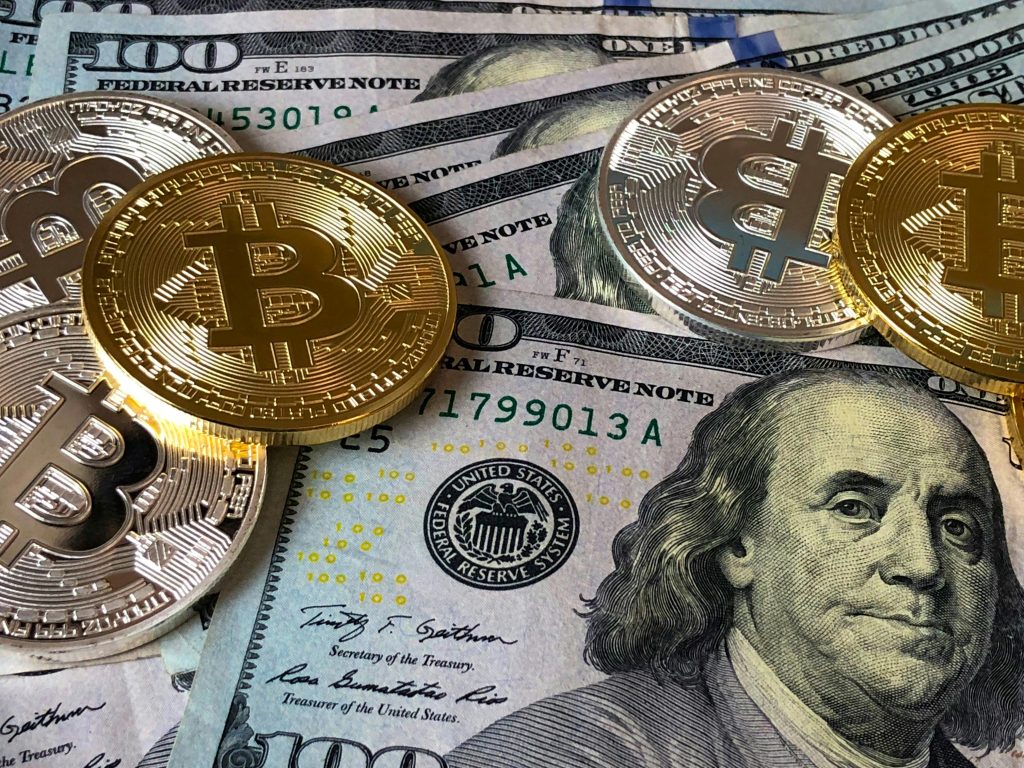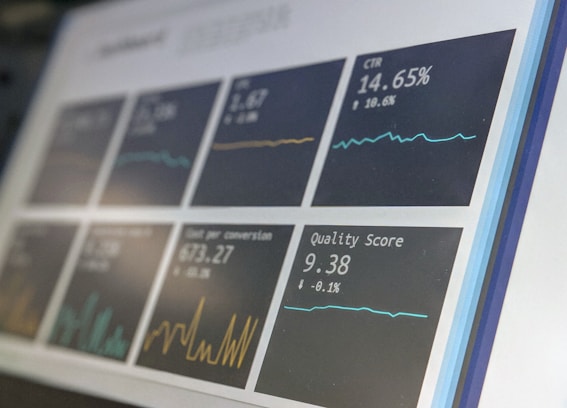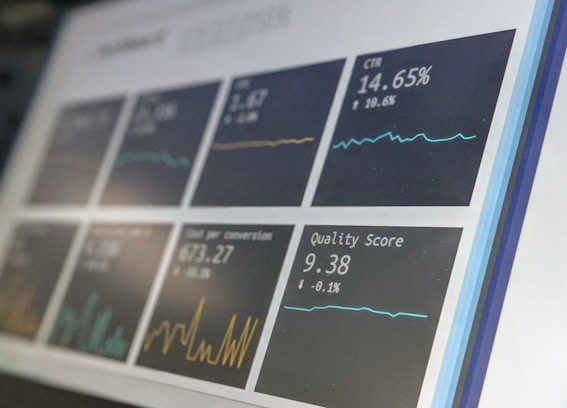AI-Powered Underwriting: The Future of Insurance is Here

The insurance industry is undergoing an AI revolution, with 72% of carriers now using machine learning for underwriting according to Deloitte. AI analyzes thousands of data points – from satellite images of your roof to real-time driving behavior – to create hyper-personalized policies. This means safer drivers and homeowners could see premiums drop by 15-30%, […]
Bitcoin Crashes Below $50K as Mt. Gox Begins $9B Repayments

Bitcoin plunged 22% to $48,150 today as defunct exchange Mt. Gox started distributing 140,000 BTC to creditors. The selloff liquidated $2.1 billion in leveraged positions, dragging Ethereum (-18%) and Solana (-27%) down with it.
Nvidia Overtakes Microsoft as World’s Most Valuable Company

Nvidia’s stock surged 3.5% today to $135/share, dethroning Microsoft after just two weeks at #1. The milestone comes as CEO Jensen Huang announces next-gen AI chips shipping in Q4 2024, with performance claims doubling current models.
BREAKING: Fed Cuts Rates by 0.25% – First Reduction Since 2020

The Federal Reserve lowered its benchmark rate to 5.00%-5.25% today, responding to cooling inflation (now at 2.9%). This ends the most aggressive hiking cycle since the 1980s. Mortgage rates are expected to dip below 6.5% within weeks, while credit card APRs should follow modestly.
Bitcoin Plunges 15% After Mt. Gox Repayment News

Bitcoin dropped to $54,000 on June 24 – its lowest since February – after Mt. Gox administrators started distributing 140,000 BTC. This creates potential selling pressure as creditors may cash out coins purchased at just $500 in 2014. The selloff dragged down crypto-related stocks (Coinbase -12%, MicroStrategy -15%).
Nvidia Hits $3 Trillion: AI Boom Reshapes Market Leadership

Nvidia’s stock surged 150% YTD, reaching a $3 trillion valuation on June 18. The chipmaker now commands 80% of AI processor market share, with data center revenue growing 427% YoY. This reflects the AI infrastructure gold rush as companies scramble to deploy large language models.
Fed Holds Rates Steady: What It Means for Your Wallet

The Fed’s June 2024 decision marks the seventh consecutive pause after 2022-2023’s aggressive hikes. While inflation has cooled from 9% to 3.4%, policymakers want more confidence before cutting rates. This means borrowers won’t see relief yet – mortgage rates remain near 7%, and credit card APRs stay at record highs.
Mutual Funds vs ETFs: What’s the Difference?

Mutual funds and ETFs both pool money from many investors to buy a diversified mix of assets. The key difference is how they trade: mutual funds price once daily after markets close, while ETFs trade like stocks throughout the day.
Bonds Explained: The Low-Risk Investment Option

Bonds are essentially loans you make to governments or companies. In return, they promise to pay you back with interest after a set period. They’re generally less risky than stocks but offer lower potential returns.
Investing 101: What Exactly is a Stock?

A stock represents ownership in a company. When you buy a share, you own a small piece of that business. Companies issue stocks to raise money, and investors buy them hoping the company grows, making their shares more valuable.